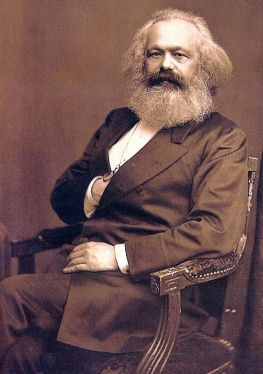Hello everybody!
Our next talk is on the 6th February and will be delivered by Mona Almunaiey. Mona is from the Politics and International Relations department here at Reading. Mona will be talking to us about the institutionalisation of patriarchal norms in the Saudi labour market. We will be in the usual place, HumSS280, at the usual time, 4pm.
Here is Mona’s abstract:
Despite the accelerated development of Saudi Arabia since the oil boom in the 1970s, Saudi women were entirely marginalised from economic participation. Women slowly infiltrated the labour market, albeit only in the education and medical sectors, as well as gender segregated bank facilities. Gradually, the situation improved since 2009 when the government started a series of legal reforms to expand women’s participation in the labour market permitting and promoting women’s employment in all other sectors.
Paradoxically, the Kingdom of Saudi Arabia ranks as the worst Arab country in women’s economic participation (the third worst country in the world) according to the gender gap index of 2016. This research argues that this discrepancy is a consequence of legal institutionalisation of patriarchal norms in the Saudi labour market, hence impeding the expansion of Saudi women’s employment.
We look forward to seeing you on Monday!

